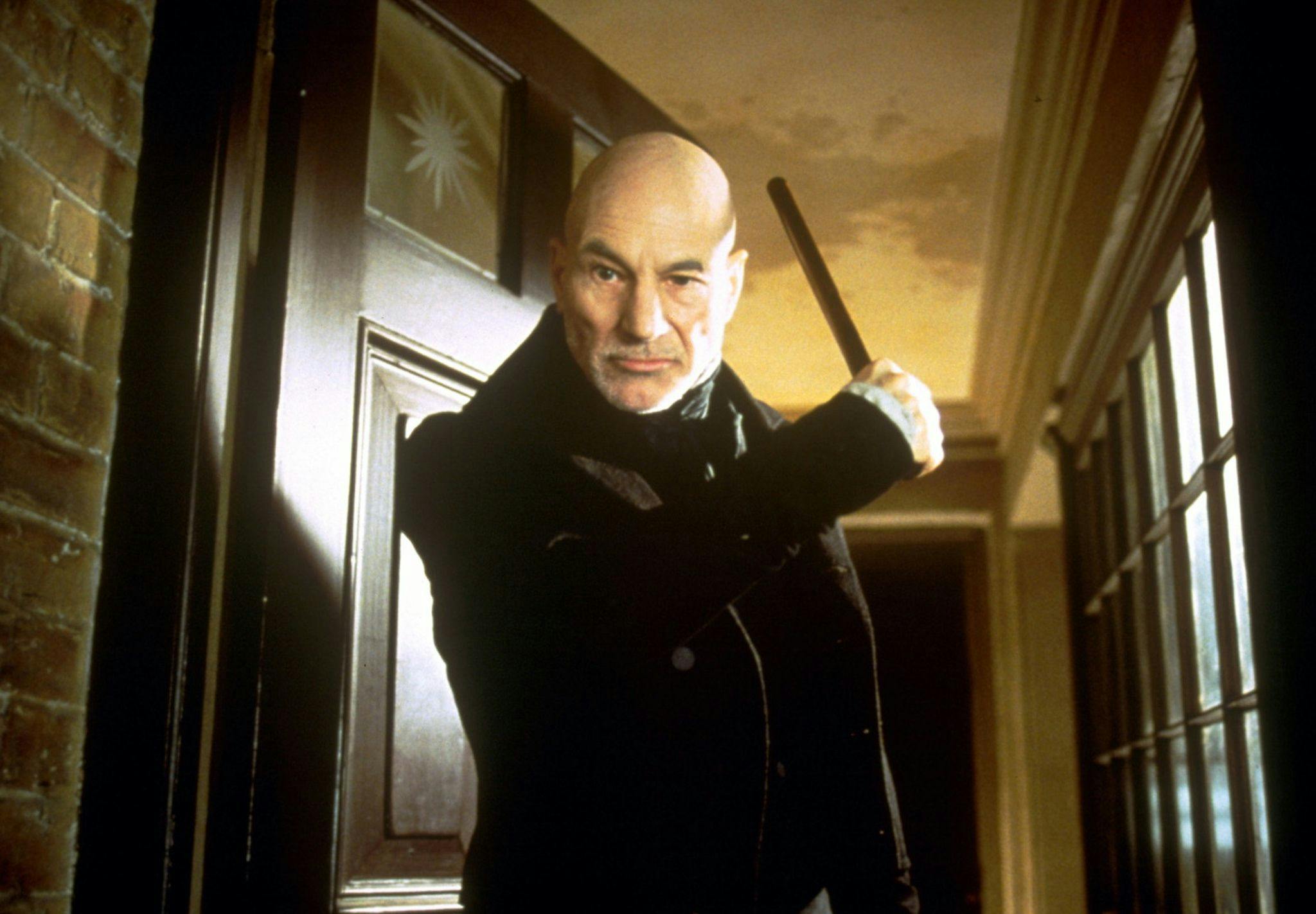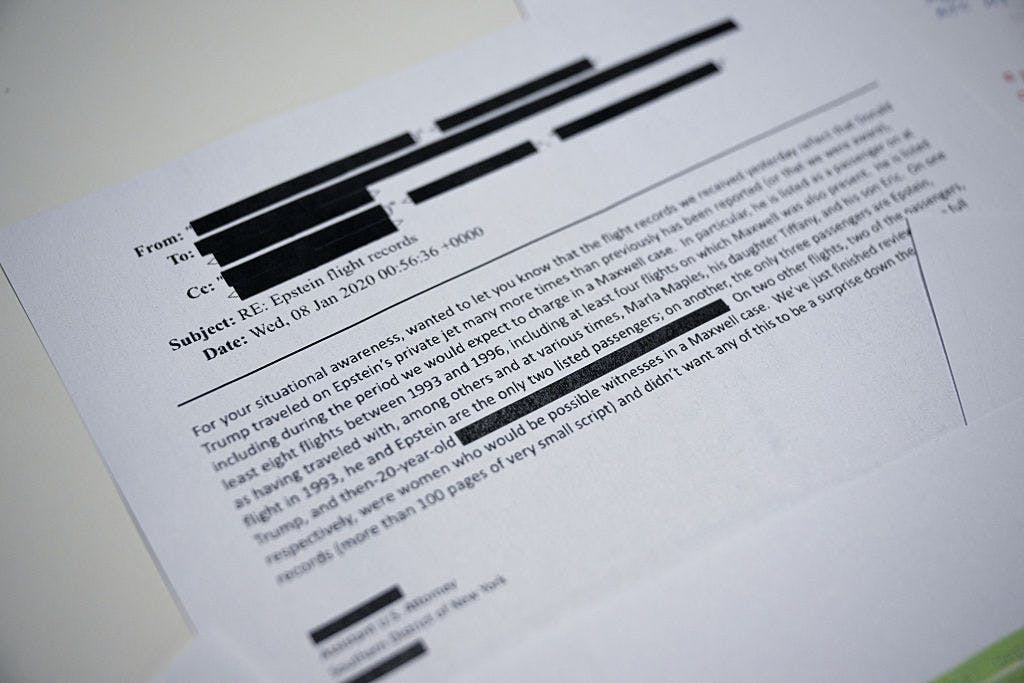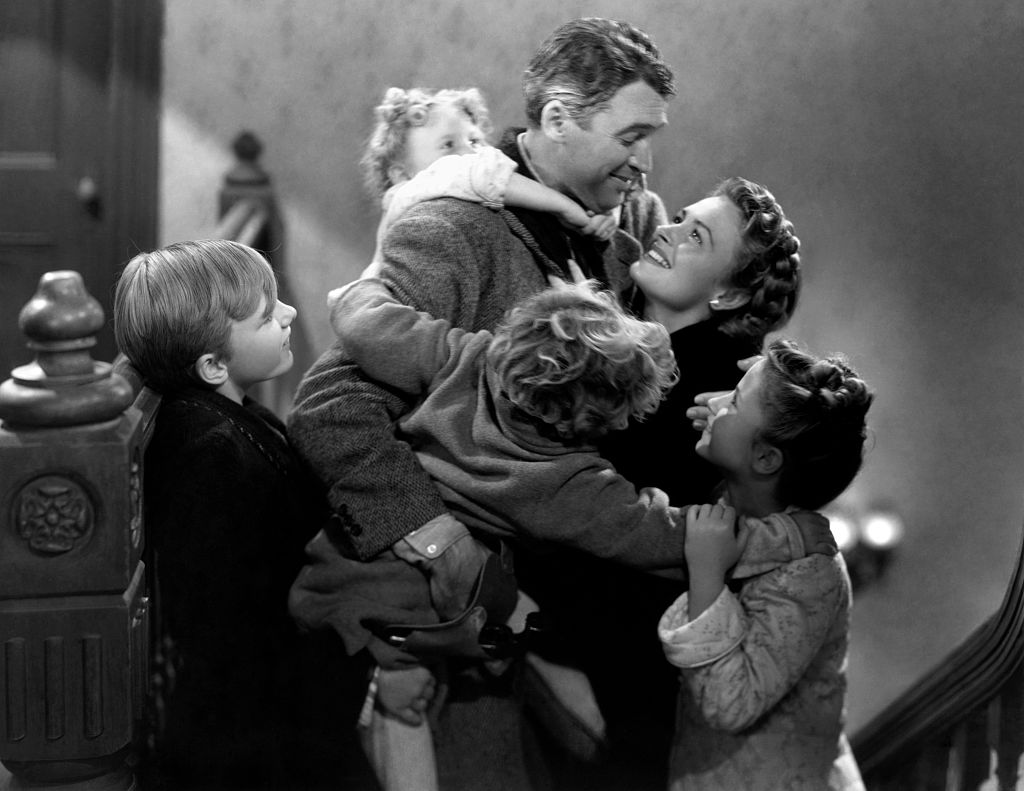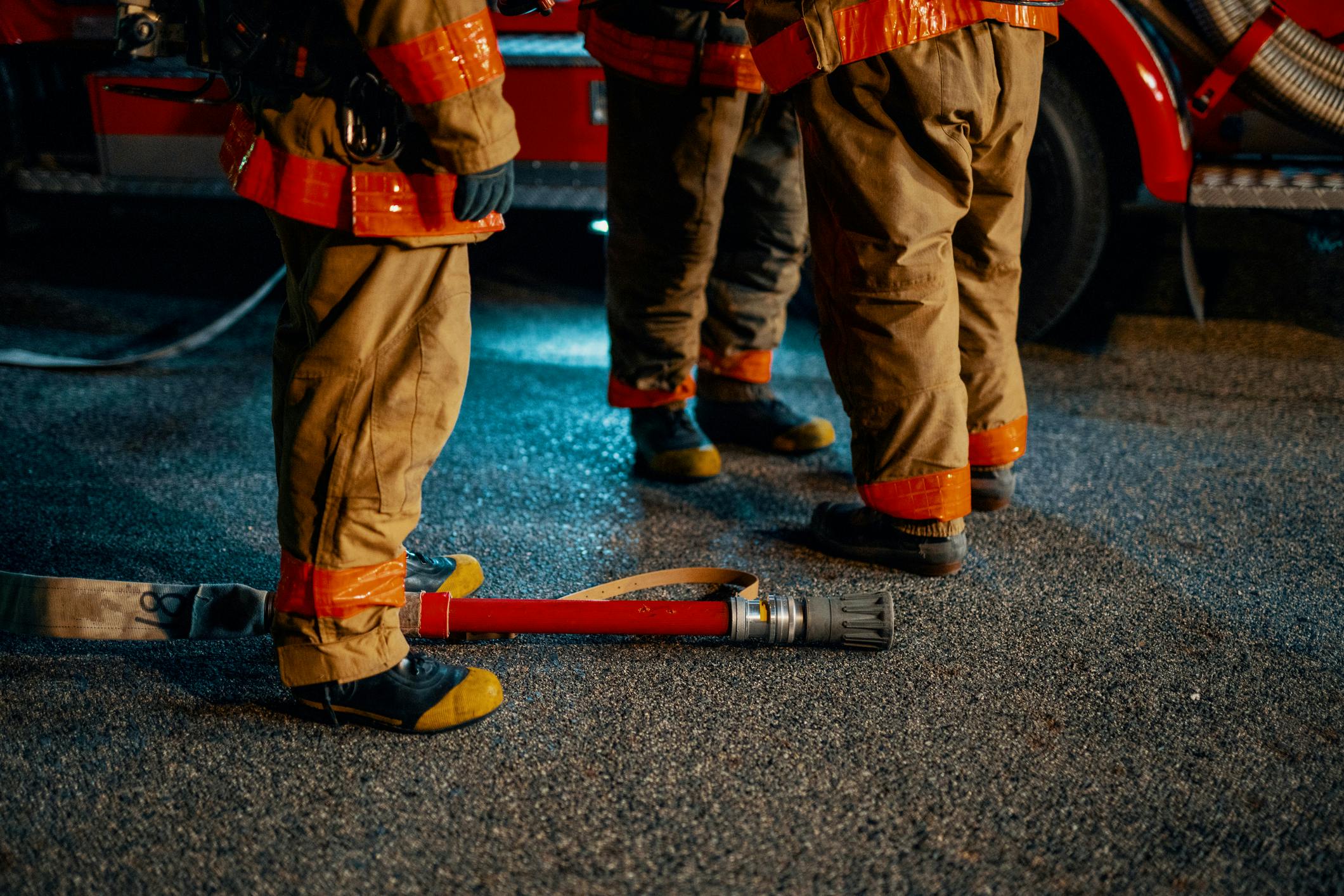How The Near-Assassination At Butler Changed Trump For Good: ‘You See It Every Day’
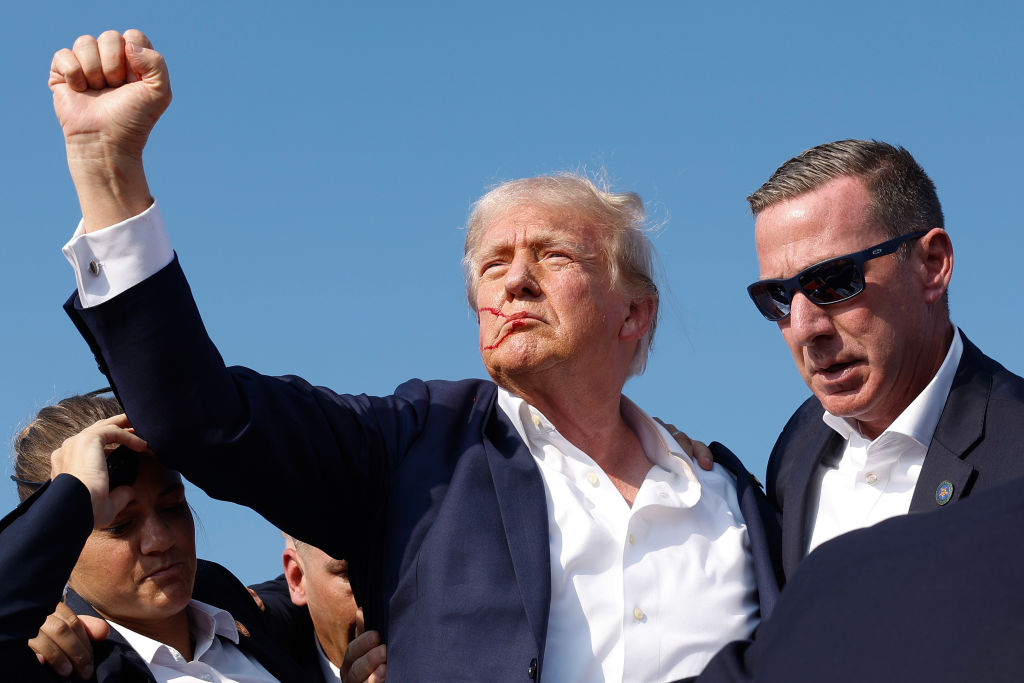
On the one-year anniversary of the near-assassination of President Donald Trump, a journalist who was with Trump at the rally in Butler shares inside details about that fateful day – and how the president has been profoundly changed.
Live Your Best Retirement
Fun • Funds • Fitness • Freedom
Pennsylvania journalist and author Selena Zito was not only with Trump at the Butler rally, but she spoke to him just before he went on stage. She was a first-hand witness to the bullet that nearly took his life, and spoke to him several times in the days that followed the attempt on his life.
Appearing on The Daily Wire’s Morning Wire podcast, Zito revealed her conclusions from her seven conversations with Trump in the days after his he nearly lost his life.
“There was definitely a change” in Trump, Zito said. “This is a man who understands that he has purpose, and he understands that God was there in that moment.”
“Now, do I think he’s going to be someone that goes to mass every Sunday? No. But do I think God is ever present in his mind? Absolutely,” she continued. “You see it every day.”
“In the days after the assassination attempt on Trump, he called me seven times,” Zito continued. “We talked a lot about, ‘What is my purpose?’ — about him and the hand of God in that moment. He said, ‘I have no explanation as to why I turned my head. I have no explanation as to why that chart came down. That can only be the hand of God.’ And that, ‘I have purpose outside of Donald Trump, the man. I am supposed to do the right things by the country.’”
“And you see that every day in him,” Zito added. “You see that since the moment he was inaugurated, he has put his head down and gone straight forward. And even if something doesn’t work, he finds a way to get around that and make it work eventually. And that is that sort of purpose-driven life that I think I know he lacked before that. And you can see the difference between the first six months of 2017, and the first six months of 2025.”
Zito recalls exactly where she was when Trump was nearly shot, and even what she was thinking. Shebeing ushered to the “buffer” area – the space between the podium and the rally attendees that’s typically for Secret Service agents and photojournalists – right before Trump took the stage.
“He gets to the podium,” Zito said. “And then he does two things that he never does, ever – I’ve covered dozens of Trump rallies.”
WATCH: Trump’s Return To Butler
“He decides to put a chart down, and I remember saying to my daughter (who’s a photojournalist), ‘Who does he think he is? Ross Perot? Why is there a chart?’” she said. “And then he does something else that he never does: he turns his neck away from the audience members.”
Trump was looking at a chart detailing immigration numbers at the moment he was shot in the ear in Butler. The president has repeatedly called the chart “beautiful” and said he would have been shot “right in the head” if he hadn’t turned his head to look at the graphic.
“And why that is significant is, if you’ve ever been to a Trump rally or even if you’ve ever watched one, the relationship between the attendees and President Trump is very transactional,” Zito explained. “He feeds off of them and they feed off of him. So he may turn his body to face different audiences, different sections, but he never turns his neck away, never.”
“And in that moment, the chart goes down, he turns his neck away, and I hear four shots,” she continues. “And I knew instantly what it was, I’m a gun owner. I could hear people say, ‘Is that firecrackers?’ But I knew instantly that there were gunshots. I knew instantly he was shot. I saw him grab his ear and I see this blood streak across his face.”
“You can see him flinch, you know he’s hit,” the journalist recalled. “And he takes himself down, which was important – this is the first thing I’m noting in my head, okay, he’s not knocked down, he took himself down. This means he may not be gravely injured.”
After Secret Service agents rushed on stage, Zito said she heard “the next four shots.”
“I still don’t take myself down,” she said. “I’m in this moment believing that I have a purpose. There’s a reason I’m there. I’m not supposed to be there, and I need to chronicle this.”
WATCH: Trump Rally VIP Recounts Heroism Amid Assassination Attempt Chaos
Seconds after those shots were fired off, a campaign press advance man for Trump’s team, named Michel Picard, “literally tackles me to the ground and takes me down,” Zito said. “And he covers my body to make sure that I’m okay until it’s all clear. And I will never forget what that young man did.”
Zito may have been the last person to speak to Trump before he took the stage, though it was just briefly.
She was supposed to interview Trump before the rally, but the interview got pushed to after the event. Trump, though, still asked to speak to Zito just before he got on stage. Zito explained that Trump typically talks with people who want to meet him before his rallies, typically “state troopers and firemen and first responders.”
“I go around, and President Trump always says I have the best hair in America, and it’s pretty funny,” she recalled. “I get really embarrassed because there’s all these people around. There’s mostly state troopers and firemen and first responders – they’re back there to meet the president. He always does that. And he asks, he gives me a big hug. He asks about my grandchildren – he knows that I have a lot of grandchildren. We talk about each other’s grandchildren.”
Trump then departed for the rally stage, and minutes later the shots rang out.
Zito has known Trump for years, and her journalism on the Rustbelt served as a bellwether for Trump’s 2016 upset win against Hillary Clinton. Zito is known for capturing his appeal with working class voters. “The press takes him literally, but not seriously; his supporters take him seriously, but not literally,” she once famously said.
“I remember him covering him coming down the escalator,” Zito said. While journalists were focused on his comments about “Mexicans” and “a wall,” Zito said she noticed how Trump talked about the forgotten Americans.
“I’m from Western Pennsylvania, so my coverage is very different. I’m not saying it’s better, it’s just different. And I heard him talk about the dignity of work, and how communities felt left behind,” she said. “And I cover the people that feel that way. And I thought, this is profound. This is really, really important. And so that was the beginning of covering him.
Zito recalled interviewing Trump back in 2016 and noticing how he treated everyday Americans.
“After I did the interview with him, he said, ‘You want to take a walk with me, Zito?’ There were no cameras, we weren’t recording, and I just watched how he was so much more interested in talking to the people that were making the convention that he was speaking at work,” she said. “You know, the janitors, the people who were the caterers, the electricians, the plumbers, all those people who made that convention outside of the walls look beautiful. That’s where he was connecting with people. And he was asking them about their lives, and what they do, what’s your family like? And it was a really interesting glimpse into the curiosity that he has about people.”
Zito said she told Trump that he was straddling two different worlds. “Voters take you seriously, but they don’t take everything you say literally,” she said to Trump. “Where my profession takes everything you say literally, and they don’t take your candidacy very seriously.”
“It was in that moment of understanding who he was, and the voter that people didn’t see – and more importantly, the voter that a lot of reporters didn’t respect – that I think that he and I developed a mutual respect for each other,” she continued.
Zito released a new book on July 8, titled, “Butler: The Untold Story of the Near Assassination of Donald Trump and the Fight for America’s Heartland,” which is available for order here.
Originally Published at Daily Wire, Daily Signal, or The Blaze
What's Your Reaction?
 Like
0
Like
0
 Dislike
0
Dislike
0
 Love
0
Love
0
 Funny
0
Funny
0
 Angry
0
Angry
0
 Sad
0
Sad
0
 Wow
0
Wow
0




















































